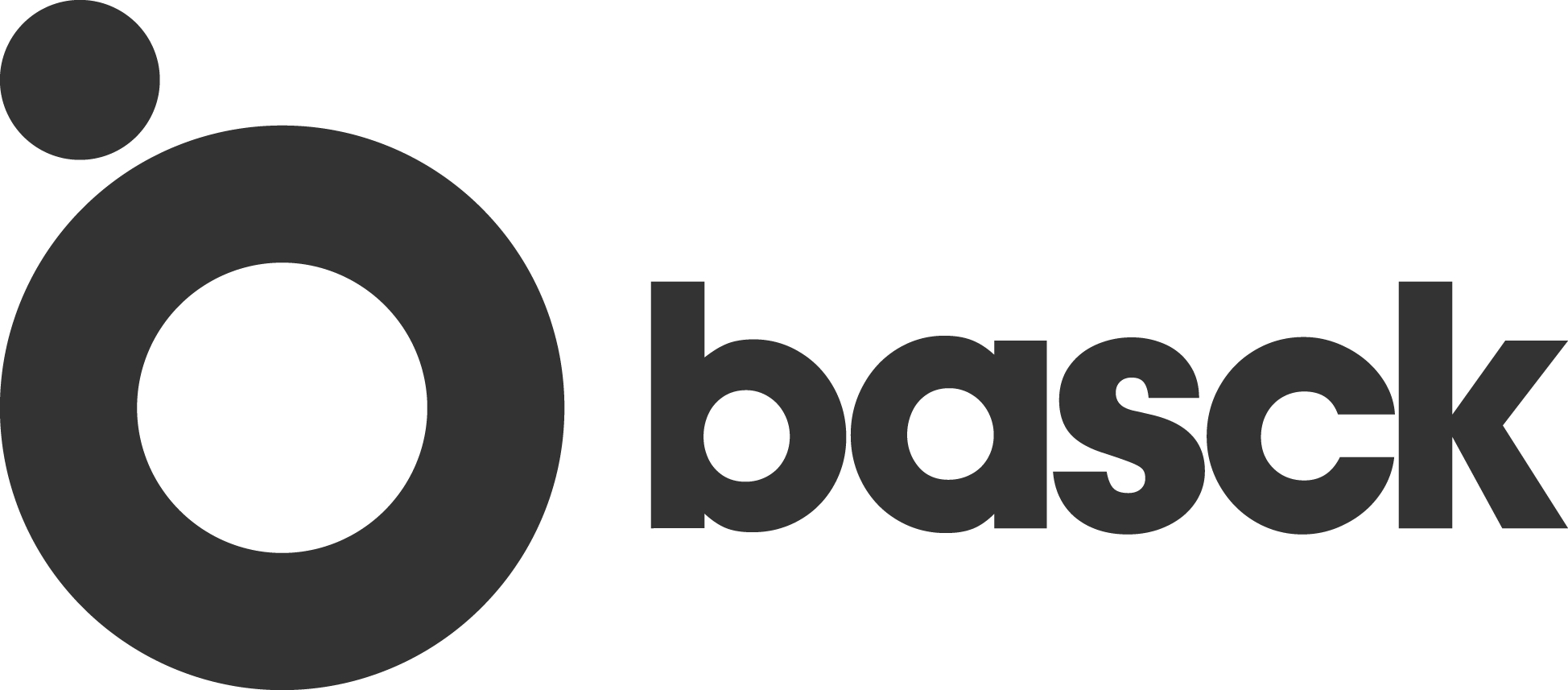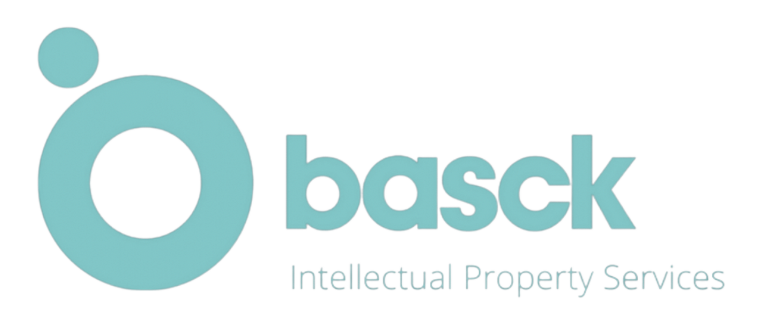He has been involved in the startup market for 20 years and sold one of his businesses to Apple. Christian Bunke, founder of the Basck Group, talks to about the global challenges of startups, the upcoming forecasts and the protection of intellectual property.
Natalia Kieszek: You have been working with startups for 20 years. How has the startup ecosystem changed over the years?
Christian Bunke: We have witnessed a great change in the startup ecosystem, especially in comparison to this sector 20 years ago. Fortunately, more people at the present time, consider the option to become an entrepreneur and we are lucky enough to have seen that firsthand with the many inspiring founders we work with. There has definitely been an intense hype cycle at the start of this decade, and I think we have found ourselves past the peak.
From a global perspective, more founders and entrepreneurs with an avid desire for growth are needed to advance the employment market and drive innovation. On a more granular perspective, I am pleased to see that more and more startups today are very commercially-focused and they are interested in how their company is placed in respect to the global market to have real impact.
We have seen many waves of disruptive innovation emerging in the last 20 to 25 years. In all ventures, there will always be some successes and some failures – the essence is, however, to keep the innovation cycle alive and keep working towards the goal of your venture.
Your target market is the UK. How do you assess the development of startups here?
We started our company in the UK and are currently based in Cambridge, which is one of the leading innovation clusters in the world and was ranked no. 1 Science & Technology cluster by intensity in 2023 (Global Innovation Index). However, we have always worked and strived to help global, internationally-minded startups with their Innovation and IP.
As far as the UK market is concerned, London has become more startup-friendly in the last decade which has also been driven by government-backed tax advantages for early stage Enterprise Investment Schemes (EIS). This together with more publicity around innovation and innovative founders and their ventures, such as the Global Entrepreneur Program hosted by the Department of Business & Trade has helped raise awareness of startups. In recent years, we have also witnessed more established UK venture capitalists being well funded allowing follow-on funding rounds post A-rounds, similar to the US market. The European space is still lagging behind a bit, but catching up fast as Sweden, Germany and France and also Spain VCs are gaining traction.
Recently I wrote that there are fewer unicorns on the British market. Is this really the case and what does it mean?
Being Swedish myself, I believe a lot of online and offline publications are citing Sweden as the country in Europe having the highest number of companies hitting unicorn status per capita. However, this sort of statistic is great for promotion but can always be tweaked to the agenda of those using it.
Irrespective of this, the UK has a strong position on Unicorns and especially in the scale ups with bigger revenues from a European wide perspective. Cambridge still remains the emerging science capital of Europe with a total of 23 Cambridge-born unicorn companies as of 2023 in some reports. So I think the UK definitely holds its own.
You have created several startups yourself. What was the biggest challenge for you when creating your own business?
In my entrepreneurial journey, I have been passionate about and involved in many startups and, more recently, I have been mentoring and advising founders on their own ventures. At the end of the day, one of the most important things when starting on this journey is having the right people in your team and a vision for your business.
As an early-stage entrepreneur, it is all about having an amazing team that works well together and has shared goals. Of course, there will always be some important external factors, such as the market in which your venture is placed, the technology you are developing and funding opportunities for that sector – but it all boils down to the team and having a visionary founder with the right backers.
Apple was interested in one of your startups. How did you manage to attract such a large giant?
The sale to Apple of CVON Innovation was a great entrepreneurial experience and an exceptional result of our hard work and dedication to that startup. The combination of the type of technology that we had, the manner in which our technology fit in the market at the time and the interesting IP portfolio we held, were definitely the aspects that had the most traction. However, I do believe that it is also part serendipity and pure luck that enabled us to get in front of one of the greatest Tech giants in the world. Our network helped greatly as well and we received amazing feedback and support from our connections. This is one of the reasons why I am a big believer in creating a large network of people and maintaining strong connections with them on a global scale.
How can other founders attract the attention of tech giants?
It is normally either a passionate team with amazing skill sets that a Tech Giant would never be able to attract or a very good technology with a great market fit that drives acquisition. In reality, very few Tech Giants can do good disruptive innovation so great technologies will always attract. If you have something that is awesome you will get the attention of the tech giants but to close a deal ultimately comes down to dealing with people.
Does the use of artificial intelligence still attract investors’ attention?
Artificial intelligence will continue attracting investors’ attention because it is everywhere, everybody is discussing it and everybody is interested to hear more about it. However, I am still not convinced that people understand wholly the impact that artificial intelligence will have on all walks of life. Consequently, many investors will choose to jump on the bandwagon and be part of any innovation in this space. We often talk about tool, technique and technology for people to use, then if that fits with the market, the stars can align.
Startups, mainly American ones, are most likely to decide to debut on the stock exchange, but there has also been a decline. Has the stock exchange become less accessible to startups?
It is true that the current IPO trend is moving downwards rather than upwards in recent years. Many companies in the UK and Europe prefer to debut on NASDAQ, like ARM for example. However, I do think that the IPO window will open again for companies to emerge on the stock exchange if they so wish.
Coincidentally enough, I was listening to Ashish Chauhan, the current CEO of the Mumbai Stock Exchange, last week when he attended a recent event at the Cambridge Union and he also mentioned that there is an interesting ongoing trend for the emerging economies like India in the medium term.
Currently, there is talk of a global deterioration in startup financing. Do you also see this problem?
There was definitely a big slow down in available startup financing in the last 2 years. Some of the tourist investors exited the early stage and also follow-on investment slowed down. More recently, there has been a correction in the market, especially in the private equity sector who started looking at VC deals and also family offices coming to the realisation that there is no such thing as an easy formula in startup investment.
In your opinion, when should the situation improve?
Good ideas and teams will always get seed funding. Similarly, good businesses with strong IP portfolios, vision and strong growth will nearly always get follow-on funding. However, as there has been an ongoing decrease in funding opportunities for startups, I think we are looking at, at the very least, 12 to 14 months of struggle for many startups while they try to keep themselves afloat before things return to more normal conditions.
Your startup experience led you to found Basck, a company specialising in IP. How do you help startups on a daily basis?
Basck is an Intellectual Property firm focusing on innovation and IP strategy. We have some amazing tech companies and founders that we act for and we strive to create commercially focused IP portfolios to ensure they gain a competitive advantage in the market.
We are fortunate that most of our team at Basck has either worked in or supported early-stage startups or founders and inventors. This means we better understand the conditions startups go through and have to deal with.
One recommendation we always make to our clients or founders is to strive to spend the right amount of money for the strongest possible protection in the right places around the world. Do what makes most commercial, geographical and market sense to you.
You have branches in Poland and India. Do you plan to expand abroad?
Basck has offices in Poland, India and the UK, and there are also two satellite offices in Sweden and the US. We have also looked at expanding in Latin America previously, but it did not take off as we had hoped.
In the future, I think India and Africa are both amazing markets that companies should look to expand into with a medium to long term perspective; however, we are a few years away from seeing their real impact as Europe slows down.
What makes the most sense to me is to expand into a new country once you find the right people there, see new tech startups appearing, and the time is right for your company.
If you were to start a startup now, which industry would you most like to pursue?
Sustainability is becoming increasingly important and popular with early-stage companies, which is one of the reasons why Basck launched the Heroes to Carbon Zero programme, through which we offer 100 free patent applications in areas that contribute to solving the Sustainable Development Goals no. 9 Industry, Innovation & Infrastructure and no. 13. Climate Action. This is also driven by the fact that we must do something big in this space for the next generations who are the future.
The healthcare and health tech sector is one market that needs drastic change and is ripe for innovation. We have to look at early stage health and education, both physical and mental, as these will offer a lot of opportunities for a positive impact on society and quality of life in general.
What are your forecasts for startups in the coming months?
Unfortunately, the current forecast is not great – many startups will struggle to stay alive until the end of the year, which will most likely trigger a forced M&A activity in the startup space before the funding window opens up again and more companies in the scale-up phase can start showing growth. However, with increasing entrepreneurship and further understanding of the importance of startups and SMEs to our economies, we will definitely start to see an increasing number of founders taking risks and creating new ventures in their space.
On a more positive note, with every market disruption comes a massive opportunity to innovate and large successful companies will be founded and mature in the next 2 years. So my recommendation to anybody looking to start their own business would be to encourage them to take risks and utilise all the opportunities they can find in the market, even if that would mean pivoting and doing something different from their initial idea. As we often say in our team “Onwards and Upwards”!
This article was originally published for MamBiznes on July 9th, 2024.


